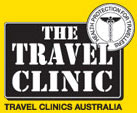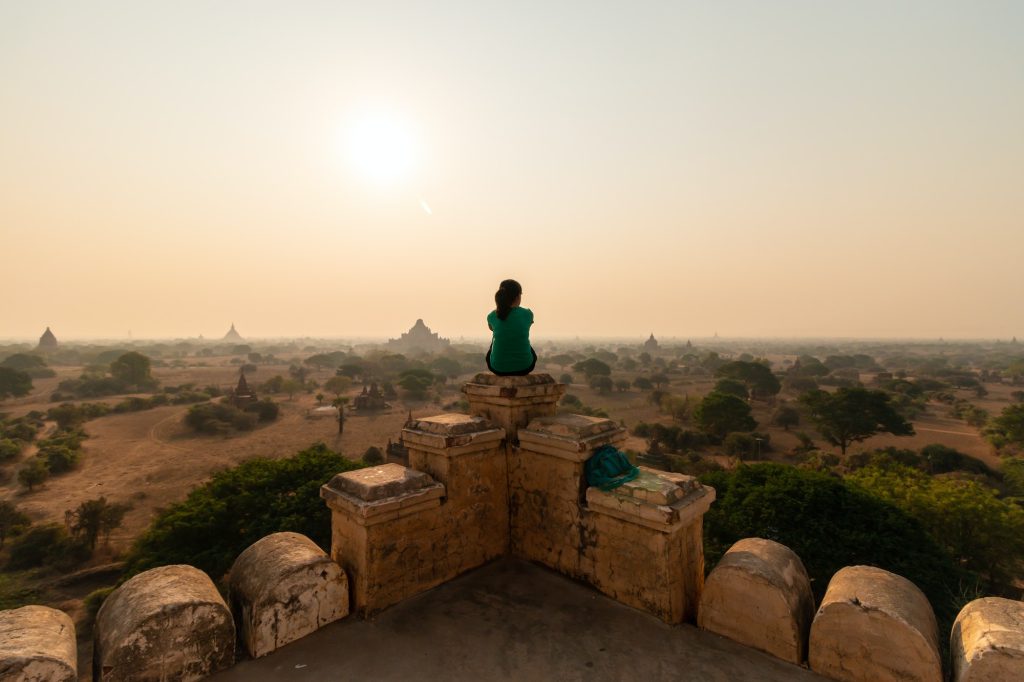If you think your travelmate is behaving (more) strangely than usual, there maybe a reason. A small percentage of travellers to high altitudes (ie in excess of 4000m) will develop the symptoms of acute mountain sickness. This may vary from mild headache, lassitude and altered sleep through to altered conscious state and severe illness requiring emergency treatment. The altered conscious state can occasionally make people stagger, say or do silly things and may be an early sign.
Prevention
- The key is gradual and slow ascent to allow the body to acclimatise.
- Spend a few days below 2400m before ascending higher.
- The altitude at which you sleep is more important than that which you spend the day.
- Limit ascent to 300m per day (try not to sleep at an altitude 300m higher than the previous day).
- “Climb high and sleep low”
- Have a rest day for each extra 1000m.
- Drink at least 4 litres of fluid daily
- Restrict alcohol and sedatives.
- If possible symptoms occur, tell someone, and rest at the same altitude for an extra day or descend if more severe symptoms.
- Use prophylactic medications with a past history of AMS, or is sudden ascent.
- Illness at altitude is considered to be AMS unless clearly otherwise
- Try to travel with an experienced mountain climber or guide.


